Report Reveals: A Workplace Injury Occurs Every 7 Seconds
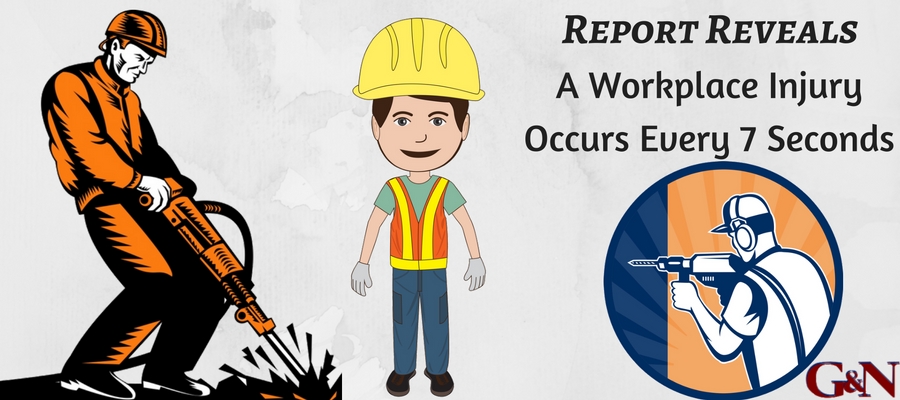
Every seven seconds in America, an employee is injured on the job. That adds up to 12,900 injured workers each day and 4.7 million per year, based on a National Safety Council survey. Over one-fourth of injuries happen the first year on the job. Many of these victims are young people.
5 Situations You Can Sue Outside of Worker’s Compensation
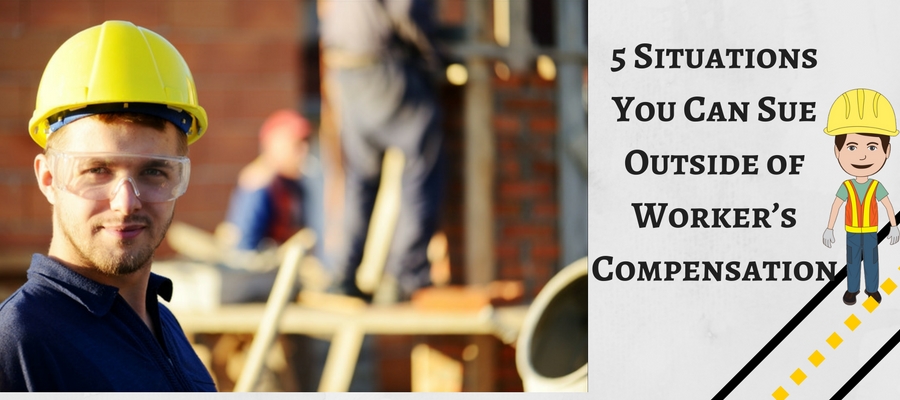
Contrary to what many people believe, you can receive compensation for an injury received in the workplace without filing a worker’s compensation claim. There are situations that make it possible for you to sue your employer or others even if worker’s compensation is not an option.
“Third Party” Worker’s Compensation in California
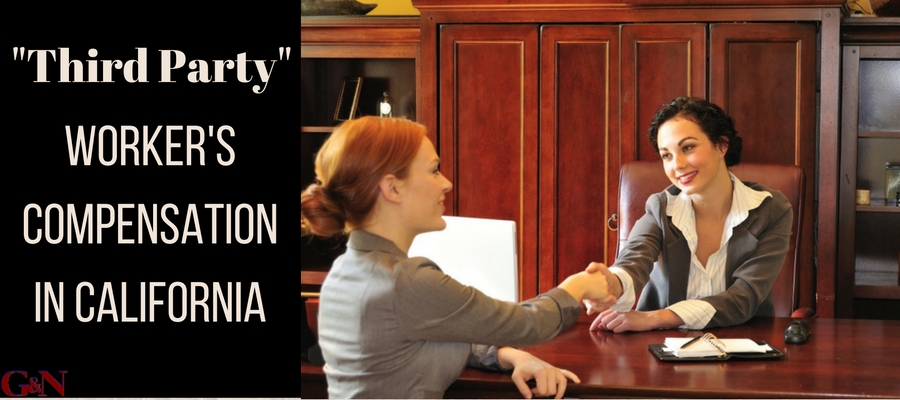
In California, worker’s compensation allows for third party involvement, if someone other than the employer is at fault. Most workers’ compensation cases only involve the two main parties-employer and employee and are resolved once the employee is released.
What is Considered a Work Related Injury?
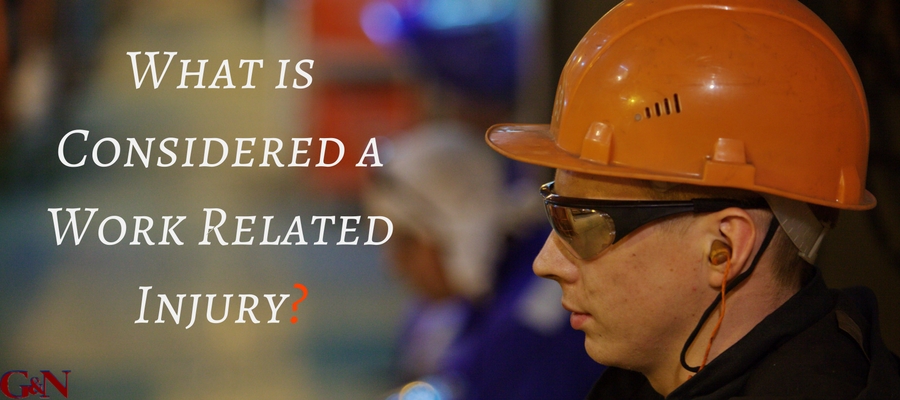
According to OSHA (Occupational Safety and Health Administration), an injury or illness will be considered work-related if the hazardous condition at work contributes or is responsible for a person’s injury or an illness. Over the past few years, we have witnessed an evolution of the term “work-related injury, likely the result of the conscious efforts of human rights activists, government laws, and worker’s association.
Your Employer’s Responsibilities In Case You Suffer Workplace Injury

Whether you are injured on the job or on company property, your employer will most likely be required to pay for at least a portion of your medical bills. The amount of their liability will be determined by several factors, including whether you were injured during your shift or after you clocked out and left. If you were injured on the property after hours, you may have to prove their liability.
Suing Your Employer If You Are Injured At Work: What The Law States
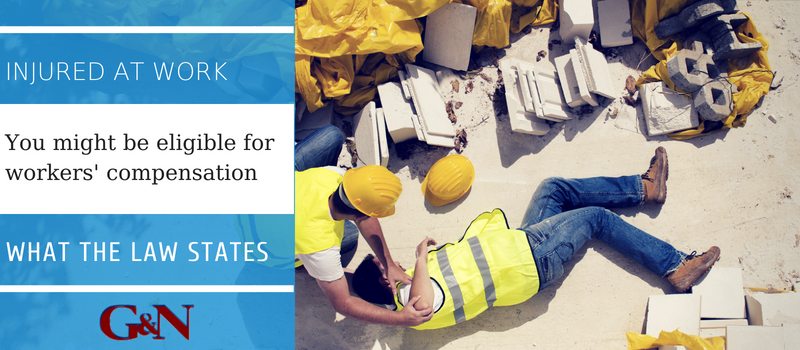
Receiving an injury while on the job can be financially devastating. In some cases, if your injury is severe enough, you may not be able to return to your old job. This can mean limited financial resources long after your Workers’ Compensation benefits run out. When this happens, the first thing many people want to do is sue their employer. While this is an option, it is only acceptable if your employer was intentionally negligible and that their actions were the direct cause of your injury.
Workers’ Compensation: Legal Rights for Families If a Loved One Dies In a Car Accident at Work
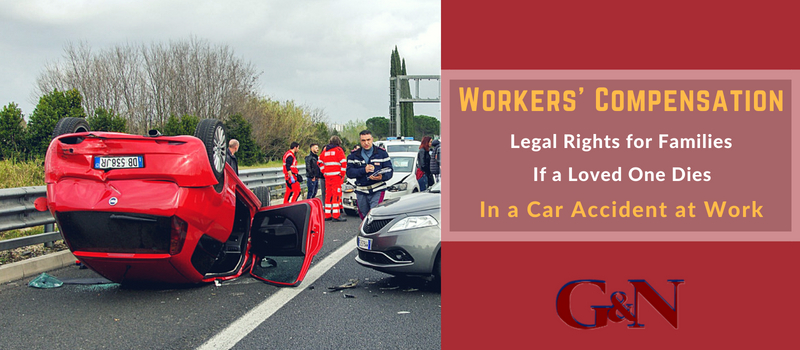
When a family member dies in a work-related accident, the actual loss is devastating. It can also cause extreme financial hardship for the family members who have been left behind. Even though Worker’s Compensation and survivor benefits are available, the family may not be able to get the compensation they deserve on their own.
Workers’ Compensation And Disability Benefits: The Differences
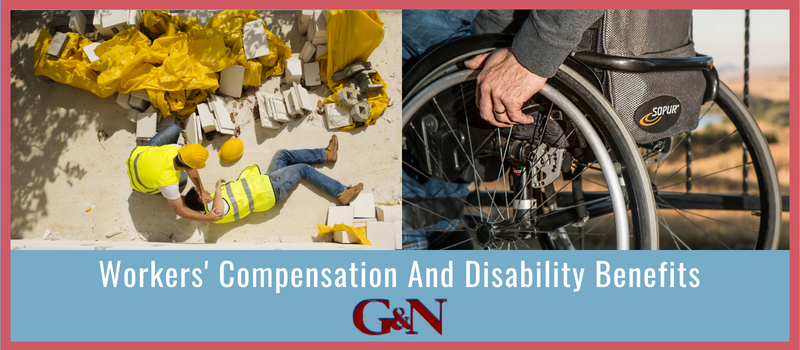
Workers’ compensation and disability benefits are two separate entities. While they both offer benefits to those who need them, they are rarely collected at the same time due to the fact that they result from two separate causes. It’s important to know the difference if you plan on trying to receive compensation for an injury.
Everything About Making a Claim for Noise-Induced Hearing Loss
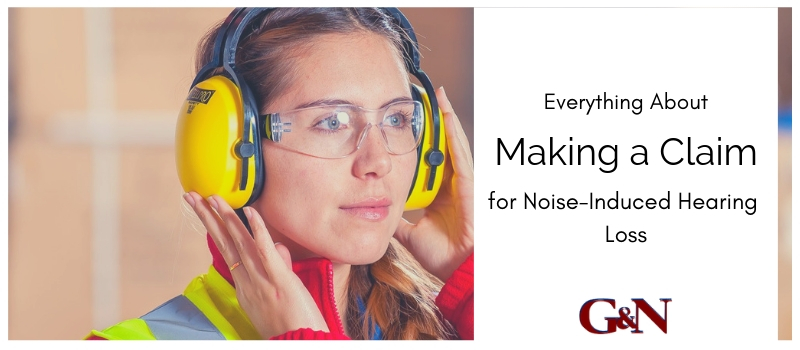
If you work in a loud and noisy environment, your employer is required by law to provide you with sufficient headphones that cancel out sounds above a certain decibel level. Although this is intended to protect your hearing, you could experience some hearing loss from long term exposure.
Hearing Loss Protection Trifecta: How it Benefits Both Workers and Companies
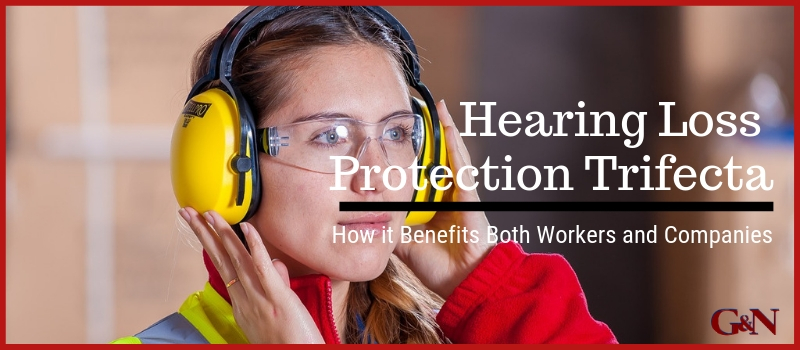
Protecting your hearing while you’re at work is not just your responsibility. It also falls on the shoulders of your employer. They are responsible for providing you with protective aids that you can wear to block out high levels of noise. Here are three things that should be remembered when choosing protective gear for your ears.

